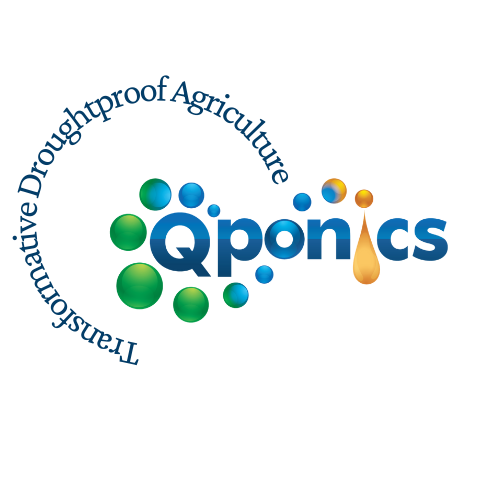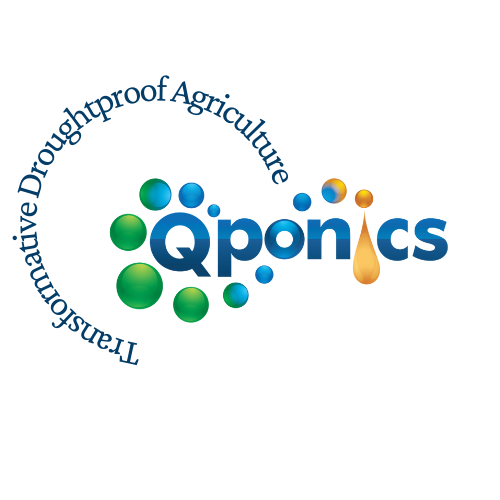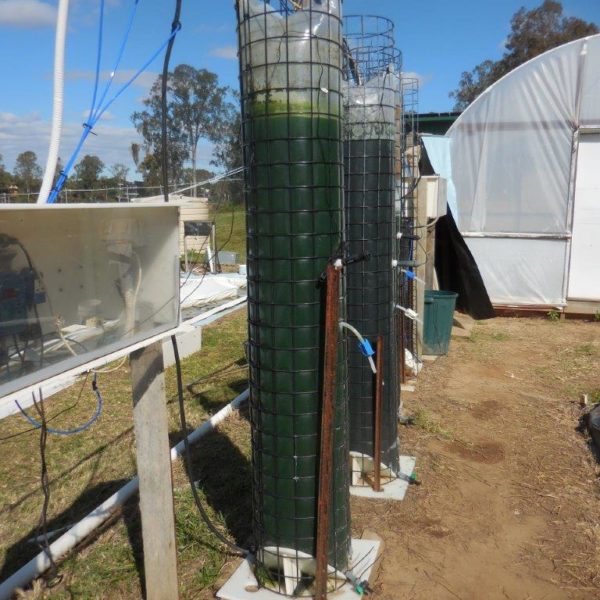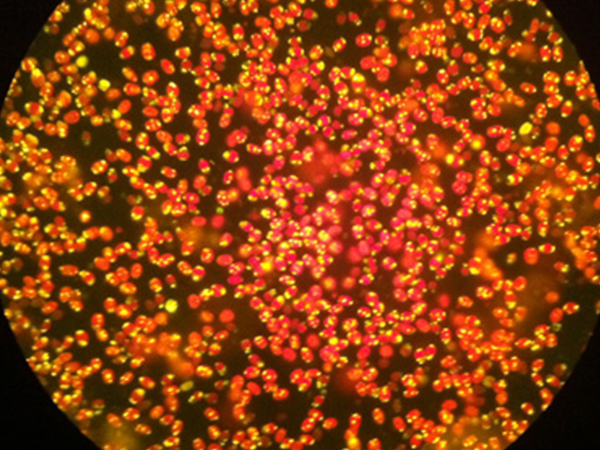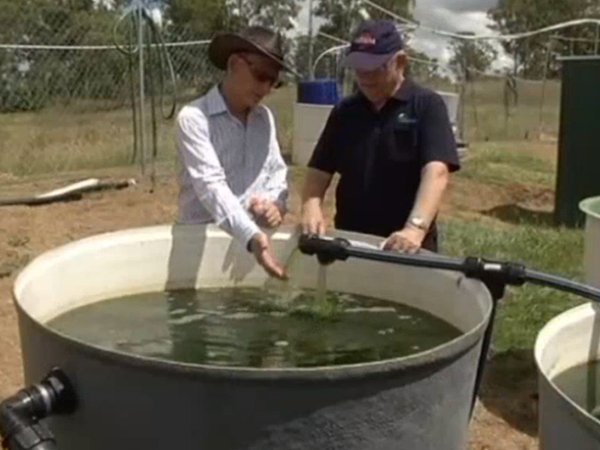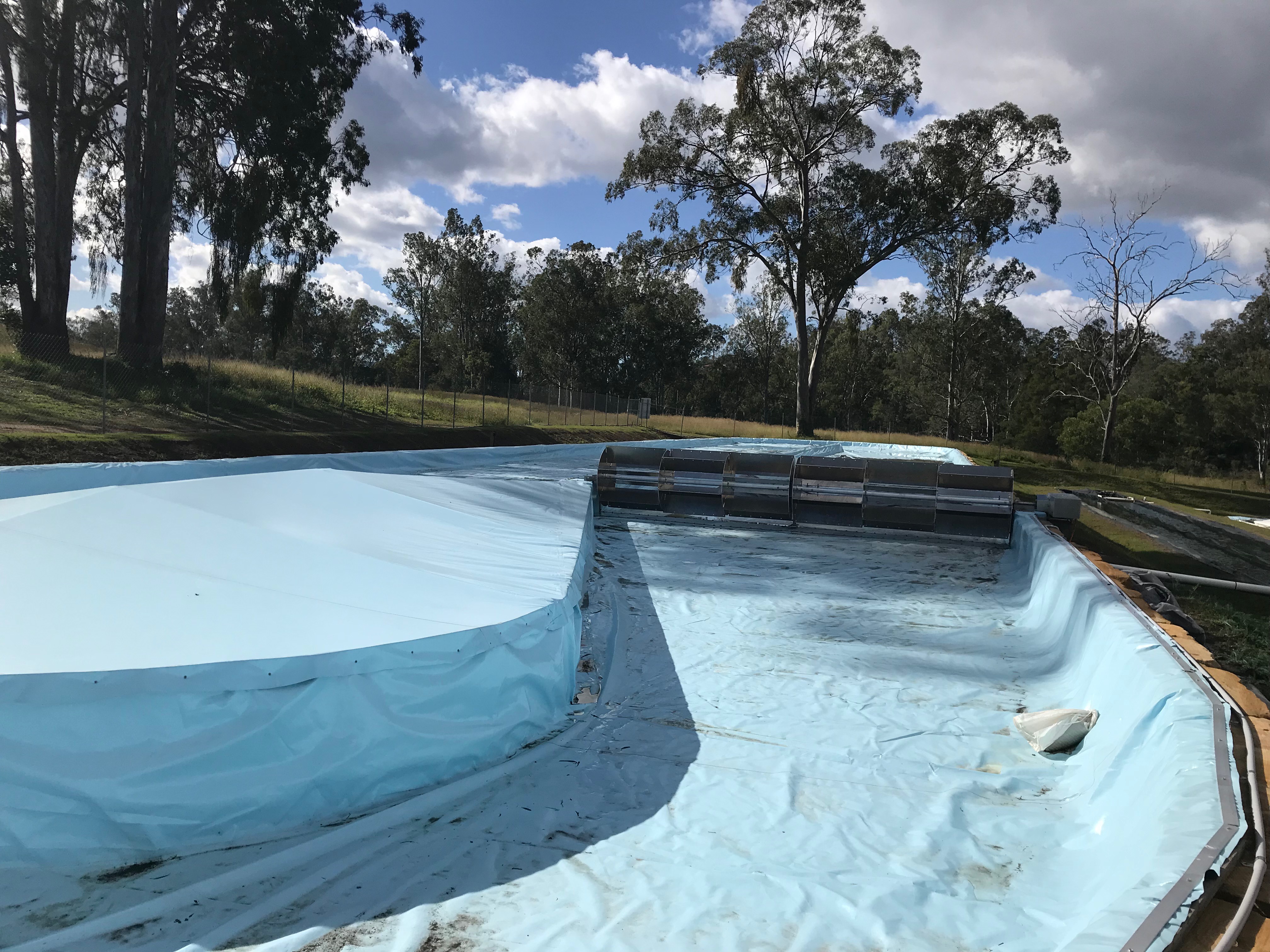Breaking news:
No Room To Grow. December 2023. This story by the Associated Press shows how the world is running out of land for new fields and pastures, visualizing a brief history of how humanity has shaped our planet through agriculture.
Food systems: supporting the triangle of food security. 1 December 2023. As population grows and climate change quickens, we need to improve every element of the global food chain to deliver future food security, including microalgae farming.
Transforming the Future of Marine Aquaculture – A Circular Economy Approach. September 2022. Published by the Oceanography Society. The source paper for the following two reports.
‘Seafood’ for everyone: Algae burgers could feed the world — and save the planet. 17 October 2022. Online article using the same source material as the 13 October 2022 Newsweek article. Quote: “By taking an integrated, circular economy approach to cultivating marine microalgae we can close the gap in human nutrition projected for 2050 and simultaneously reduce many of the negative impacts our current food production system has on climate and the global environment.”
Americans Could Be Surviving on Algae Within Just 30 Years. 13 October 2022. Article in Newsweek magazine. Quote: “Algae have the potential to provide greater than 100 percent of the global protein demand for 2050.”
Australia’s marine bioproducts industry is about to boom. 10 September 2021. Article written by Tamar Zur of Eco-Fly Ventures, and published by AgFunder.
Qponics Transformative Droughtproof Microalgae Farm. 17 August 2021. This video promotes the Qponics droughtproof microalgae farm and processing facility as a solution to the looming food protein deficit. Without transformative changes in agriculture, global warming will cause global famine within 30 years. The release of the IPCC report in August 2021 significantly raised global awareness of climate change and its impacts on global agriculture and food security. What this means for the future of Australia including food production may be read here.
How Algae is Changing the Future of Food. Updated 4 August 2021. This Think Sustainability podcast produced by Sophie Ellis for Sydney community radio station 2SER 107.3, looks at how Algae biotechnologies are revolutionising the agriculture and aquaculture industry. it integrates Sophie’s interviews with Prof Peter Ralph, Executive Director of Climate Change Cluster at The University of Technology Sydney, Dr Graeme Barnett, CEO and Managing Director of Qponics Limited, and Bastien Finet, Operations Manager at Pacific Reef Fisheries.
Qponics announced as an Industry Partner in $270 million MB-CRC enterprise. 30 June 2021. Qponics will benefit through accessing MB-CRC funding and the collective knowledge and expertise of specialist scientists in 13 of Australia’s leading universities and research institutions, to accelerate R&D leading to development of multiple new high-value products from marine microalgae
Minister for Industry Science & Technology approves funding for Marine Bioproducts Cooperative Research Centre. 30 June 2021. $59 million in Australian government funding will establish the MB-CRC, led by Flinders University. Additional partner support for the MB-CRC is worth more than $200 million. The 10-year, wide-ranging program, led by Flinders University, aims to expand and grow the industry which transforms marine bioresources into high-value products for human nutrition, nutraceutical, pharmaceutical, and agricultural applications.
Australian marine bio-industries land funded for nutraceuticals and seaweed-based polymers. 1 July 2021. Nutrition Insight. AU$270 million (US$202 million) is being poured into Australia’s marine bio-industries to meet growing global demand for plant-based proteins, nutraceuticals, omega 3 oils and bioplastics. The sum will help establish the Marine Bioproducts Cooperative Research Centre (MB-CRC), led by Flinders University.
Ocean of opportunity to flow from $270m CRC. 30 June 2021. the National Tribune. Feeding a hungry planet, new medications to tackle diseases ranging from cancer to Parkinson’s, bioplastics, cosmetics, and curbing climate-changing greenhouse gas emissions – these are a snapshot of the opportunities created by a $59 million injection of federal funding for the MB-CRC.
How to increase food production, save arable land usage and improve the carbon footprint? Micro-algae, mighty solutions from a single cell plant. June 2 2021. Article published on LinkedIn by Tamar Zur, founder of Eco-Fly Ventures, an Australian consultancy business, helping Ag-Tech companies to implement their technologies by connecting people in the global Ag-tech ecosystem.
Our oceans delivering plant-based food revolution. A case study on Qponics and the Marine Bioproducts CRC (MB-CRC) published on 7 April 2021 by Life Sciences Queensland. Qponics is a founding Industry Partner in the MB-CRC, which is one of 5 new CRC bids from the 2020 round currently waiting to learn if it is to be funded by the Australian government.
Vale Geoff Wilson. With great sadness the Company reports the passing of founding director Geoff Wilson on 31 July 2020.
StartupSmart article 23 September 2019: “A drought-proof farm”: This algae farm is leading the charge in Australia’s plant-based protein revolution“.
Qponics media release 18 September 2019: “Algae farming targets billion dollar alternative meat market“.
10 September 2019: Australian-led mental health study finds EPA omega-3 supplements may assist in management of depression and ADHD.
